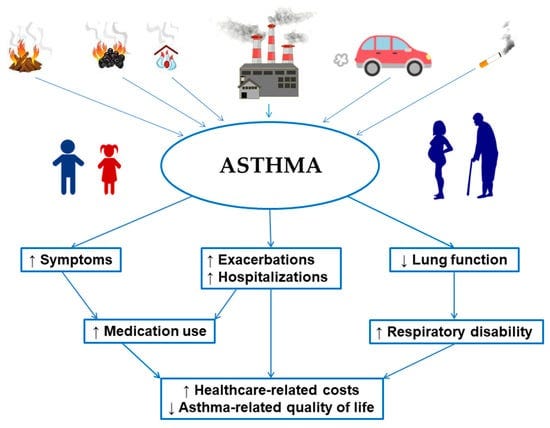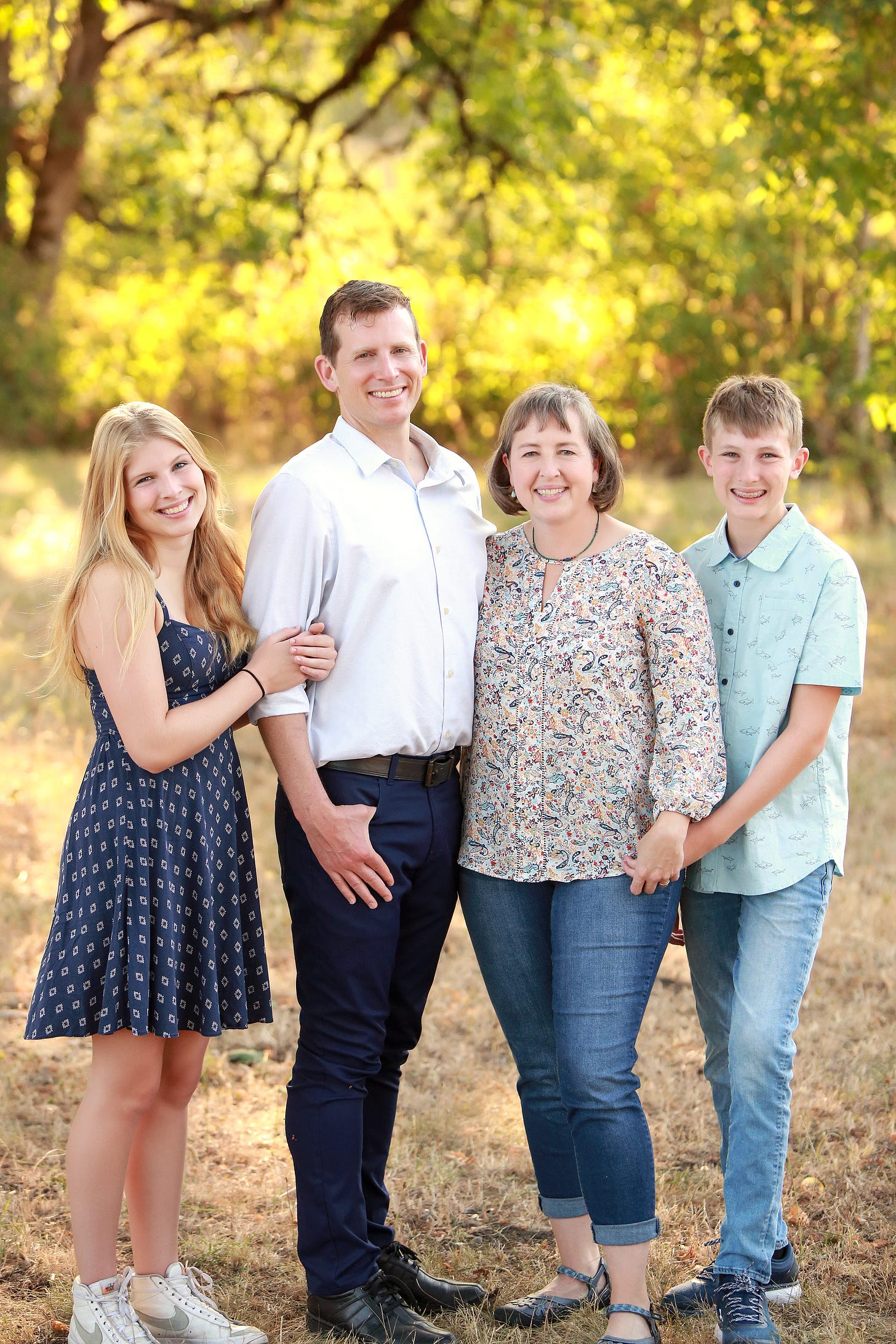President Biden’s expansion of private sponsorship for victims of persecution overseas represents a rare turning point in American politics. Immigration reform is one of our most intractable issues. Policy reversals between administrations have whipsawed back and forth, often neglecting our legal duties both to provide refuge for the oppressed and to maintain national security. By allowing private individuals to sponsor people from countries with tyrannical governments, President Biden sidestepped the conflict between the Presidency and the Congress, proposed a new approach, and challenged us each to accept a share of personal ownership of the problem.
History. In the wake of World War II and the Holocaust, most countries signed on to the Refugee Convention. The Convention allows anyone to seek temporary refuge in another country when facing persecution due to their race, religion, nationality, political opinions, or membership in a particular social group. The US implements this Convention by (1) accepting an annually-set number of refugees applying from overseas and (2) allowing people already in the US, often at a US port of entry, to apply for asylum. (I generally refer to the programs collectively as “emergency immigration.”) In recent years, the number of refugees accepted by the US has ranged from 15,000 annually under President Trump to 125,000 under President Biden. In a typical year, the US grants asylum to about 45,000 of over 200,000 asylum applications, although the system is significantly backed up. Refugees receive publicly-funded resettlement services and security vetting before they arrive in the US, while asylees generally receive fewer services and vetting initially. Both refugee and asylee statuses are explicitly temporary and expire when the threat of persecution is no longer valid.
Private Sponsorship. Private sponsorship relies on people in the US to expand the capacity of the emergency immigration system without using public funds. For instance, faced with the need to shelter large numbers of Ukrainians after the Russian invasion, the Biden Administration started the Uniting for Ukraine program, allowing people in the US to volunteer to take financial responsibility for Ukrainians. 177,000 people have been approved to sponsor Ukrainians and 94,000 Ukrainians have been resettled temporarily in the US, effectively doubling the official refugee total for the year with no public expense. The success of Uniting for Ukraine led to the expansion of private sponsorship to include 24,000 Venezuelans initially and now up to 30,000 people monthly from Cuba, Haiti, Nicaragua, and Venezuela. Notably, these applications for temporary protection must start outside the United States, potentially relieving challenges to border security and preventing refugees from having to risk their lives to find safety.
A Small Step in the Right Direction. The private sponsorship program avoids the need to have Congress approve and fund it. It is not a complete solution. The legally-dubious “Title 42” program that prevents people from entering the US to apply for asylum notwithstanding, the US still has the legal duty under both US and international law to allow people to apply for asylum at the border and within the US. The new program does nothing to address the twin challenges of the 11 million people living within the US without documentation and the inadequate number of permanent immigrants allowed in through non-emergency programs to meet the needs of a growing economy. Although it represents the first significant improvement in decades, private sponsorship is a patch, not a complete fix of our immigration system.
More Information
Sponsoring a Refugee. Uniting for Ukraine has won accolades from across the political spectrum. If you’d like to know more about sponsoring a refugee, or volunteer to do so, you can do so here. If you’d like to support refugees internationally, I recommend the International Rescue Committee. Locally, the Refugee Resettlement Coalition of Lane County does excellent work with refugees, if you’d like to provide financial or volunteer help.
Natural Gas. Inhaling the byproducts of combustion is bad for you, whether it’s hydrocarbons or tobacco. The dangers of smog and smoking are well known, but most of us didn’t know that cooking with gas is responsible for 12.7% of childhood asthma cases. That number is comparable to the impact on children from secondhand smoke, even without considering the positive environmental impacts of putting less carbon dioxide in the atmosphere. Alarmism from the industry notwithstanding, no one is coming for your gas stove. If you’d like to switch over to an induction cooktop, they’re more efficient and have incentives coming soon. They’re also even faster than a gas stove at heating your food. Collectively, it’s time to stop making the problem worse and ban new natural gas hookups for newly-constructed housing. I encourage you to write your Eugene City Councilor to support the proposed ordinance. Here are the e-mail addresses –
WARD 1 Emily Semple esemple@eugene-or.gov
WARD 2 Matt Keating mkeating@eugene-or.gov
WARD 3 Alan Zelenka azelenka@eugene-or.gov
WARD 4 Jennifer Yeh jyeh@eugene-or.gov
WARD 5 Mike Clark mclark@eugene-or.gov
WARD 6 Greg Evans gevans@eugene-or.gov
WARD 7 Lyndsie Leech lleech@eugene-or.gov
WARD 8 Randy Groves rgroves@eugene-or.gov
What’s Next for Me? As I write this on January 10, 2023, I am celebrating my first day back as a private citizen, rather than a public official. I confess that it is a relief, given the unremitting partisan nastiness in politics today. Many of you have asked what’s next for me. The truth is that I don’t yet know. While I am happy to leave elective office, I would like to remain in public service of some kind. At the moment, I’m exploring some options in legal services to veterans and/or immigrants, non-profit leadership, and healthcare administration. If you have a job you think I’d be a good fit for, please let me know.







Thank you so much, Marty, for the great explanation of immigration and asylum. Always appreciate your knowledge and reasoning.
How about helping with legal services with Asylum seekers. Catholic Community Services is swimming in need - with 1 attorney and a legal assistant
Do you know Christine Zeller-Powell (I think I got her last name right)?
Maybe you volunteer there while you are sorting out your options
Good luck
Laurie Swanson Gribskov